Industry information
Company News
- Friends, today let's talk about the little secret in decoration - customized aluminum veneer! This is not
- Fluorocarbon baked paint aluminum veneer: a rising star in aluminum materials and a pioneer in environmental protection
- Fluorocarbon baked paint aluminum veneer: a rising star in aluminum materials and a new favorite in the construction industry?
- Fluorocarbon aluminum veneer: a low-key luxury choice in modern architecture
- Fluorocarbon baked paint aluminum veneer: the new favorite of aluminum materials, with a dual charm of beauty and durability
Industry dynamics
- Aluminum veneer customization, creating the art of personalized space
- Fluorocarbon baked paint aluminum veneer: a rising star in the aluminum industry and a fashion darling in the decoration industry
- Painted aluminum veneer: the fashionable choice for modern architecture?
- Painted aluminum veneer, creating a new trend of fashionable home furnishings
- Revealing the installation points of aluminum veneer curtain wall
Frequently asked questions
- Can aluminum veneer be used for building facade design?
- What are the sustainability indicators of aluminum veneer in building exterior design?
- How to evaluate the impact of aluminum veneer's removability on the appearance of buildings?
- How many color and texture options are available for aluminum veneer?
- Has the production process of aluminum veneer reduced water resource consumption?
contact us
Mobile:+86 15627778610
Email: 2201229786
Address: No. 5 Binjiang Road, High tech Zone, Zhaoqing City, Guangdong Province
What are the advantages of aluminum veneer compared to other materials?
- Author: Supreme Building Materials (Guangdong) Co., Ltd
- Release time: February 22, 2025 17:23:01
- Click:0
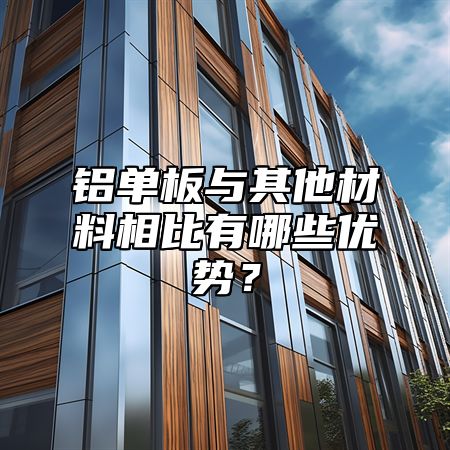
Aluminum veneerIt is a new type of building material with many unique advantages, and has obvious advantages compared to other materials. Below, we will provide a detailed introduction to the advantages of aluminum veneer.
Aluminum veneer has the characteristic of being lightweight. Compared to other building materials such as steel and concrete, aluminum has a lower density and lighter weight. This allows aluminum veneer to reduce the weight of buildings, thereby lowering the overall cost and energy consumption of buildings. Aluminum veneer also has the characteristic of good plasticity, which can be processed and formed according to needs, thus better adapting to various building needs.
Aluminum veneer has good corrosion resistance. The surface of aluminum veneer is treated with anodizing to form a dense oxide film, which protects the aluminum veneer from corrosion caused by factors such as air, water, acid and alkali. In contrast, other materials such as wood and stone are easily affected by environmental factors, resulting in a shorter service life.
Thirdly, aluminum veneer has good thermal insulation performance. The air layer inside the aluminum veneer can effectively prevent heat transfer, thereby serving as insulation. This insulation performance can not only reduce the frequency and energy consumption of air conditioning, but also improve the comfort and energy-saving effect of buildings.
Fourthly, aluminum veneer has fire-resistant properties. The surface of aluminum veneer can be sprayed or rolled to form a non flammable coating, thereby preventing the occurrence of fires. In contrast, other materials such as wood and plastic are prone to combustion, posing a threat to people's lives and property safety.
Fifth, aluminum veneer has the characteristic of being recyclable and reusable. Aluminum is a recyclable metal element that can reduce resource waste and environmental pollution through recycling and reuse. Recycling can also reduce the production and usage costs of aluminum veneer.
Aluminum veneer, as a new type of building material, has many unique advantages, such as lightweight, corrosion resistance, thermal insulation, fire resistance, and recyclability. These characteristics have made aluminum veneer widely used in the construction industry and brought new opportunities and challenges to the development of the construction industry.

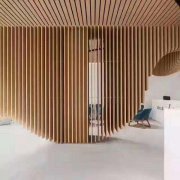
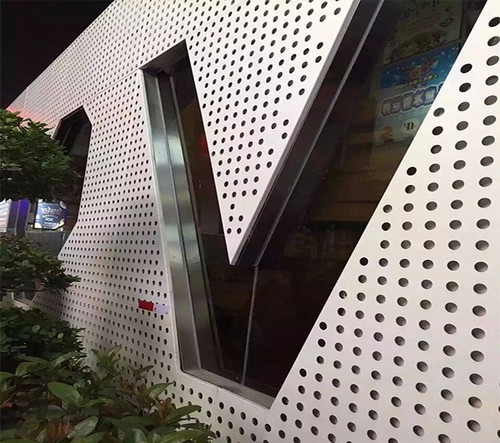
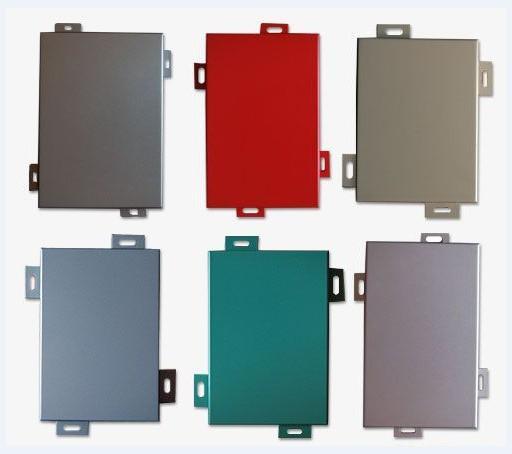
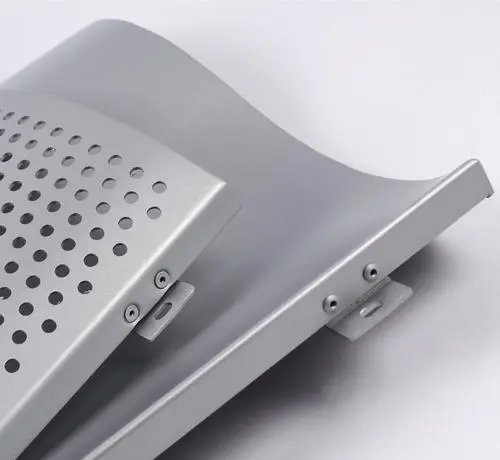

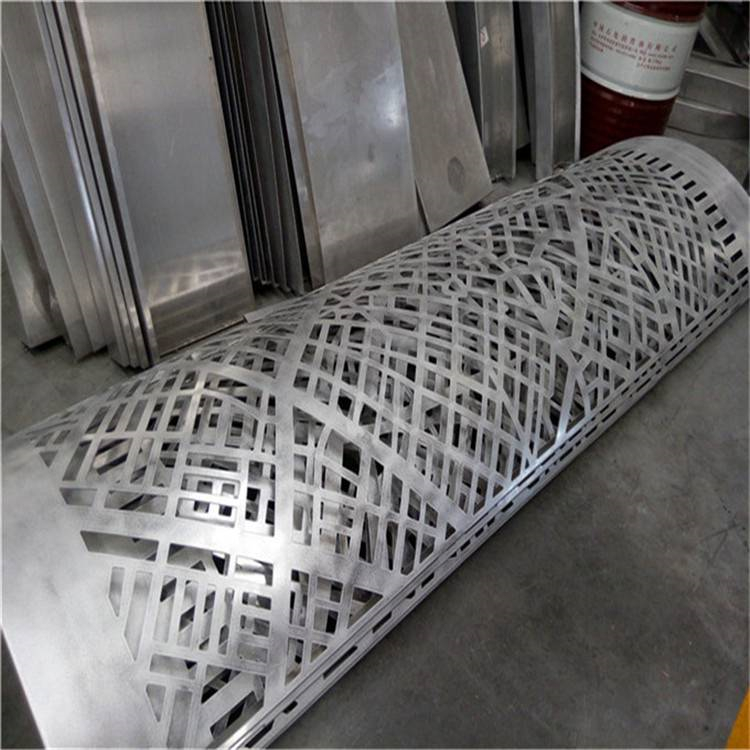
 Customer service QQ
Customer service QQ